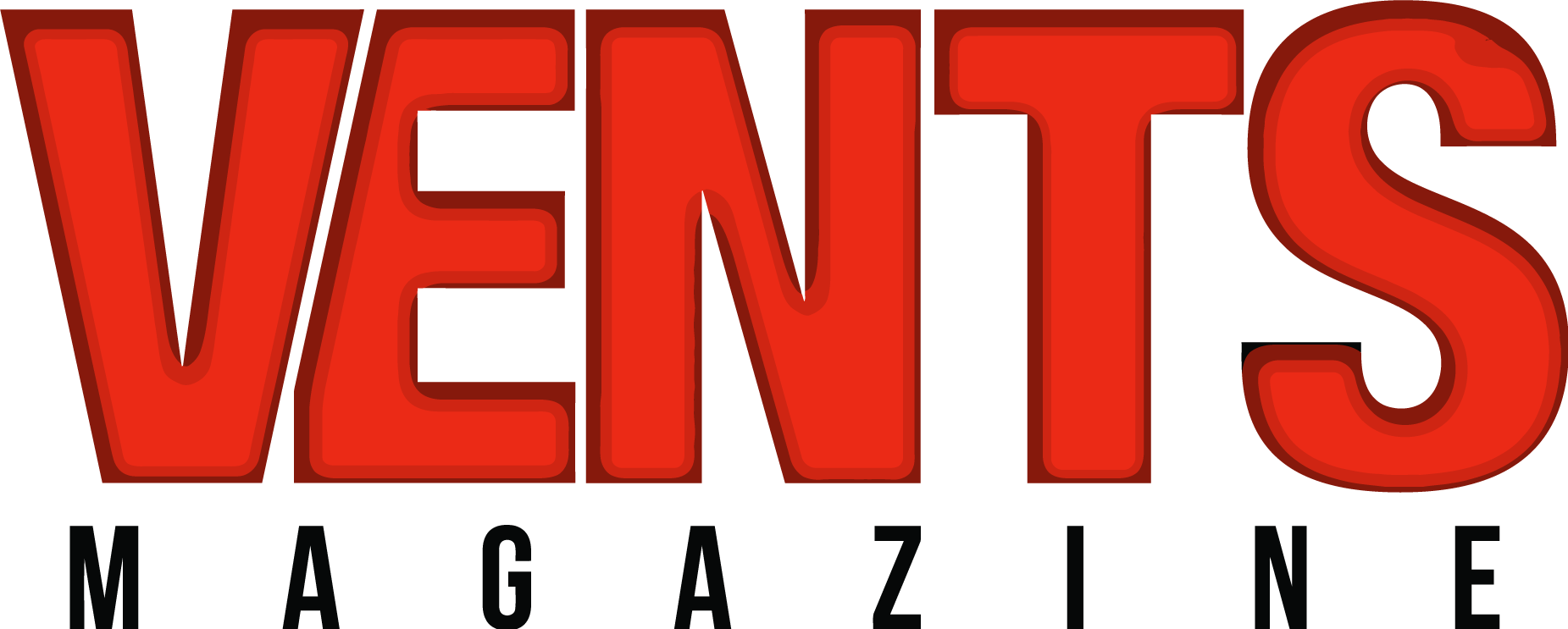
Feedback plays an essential role in effective team development. It contributes to improved collaboration, higher performance, and long-term success. When delivered thoughtfully, feedback helps teams fine-tune their processes, overcome obstacles, and adjust to new demands. Fostering a culture where feedback is valued benefits both individuals and groups, ultimately supporting the organization’s wider strategic objectives.
Building Trust and Transparency
Encouraging feedback within a team environment builds trust and promotes transparency. Employees who feel that their input is welcomed and respected are more likely to communicate openly with teammates and leadership. Constructive feedback allows team members to address challenges without fear of negative judgment, which helps strengthen professional bonds and mutual respect. Arif Bhalwani Third Eye Capital CEO and Co-Founder, emphasizes that trust and transparency are vital for developing strong team relationships. Third Eye Capital Corporation is Canada’s leading alternative capital provider for companies undergoing change or transition.
Enhancing Individual Growth
Thoughtful, specific feedback is important for personal development. It clarifies team members’ strengths and highlights areas where improvement is possible, which guides individual growth. Effective feedback should target actions and results rather than personal attributes. This approach empowers employees to make practical changes that advance their skills and contributions.
Aligning Team Goals
Team alignment is crucial for achieving organizational goals. Feedback keeps everyone informed about their roles and clarifies how individual work aligns with broader team objectives, reinforcing a shared vision and purpose. Regular discussions provide opportunities to set expectations, update on progress, and revisit priorities as needed. Open lines of communication help teams remain focused and productive, fostering a cohesive and effective working environment.
Driving Innovation and Problem-Solving
A feedback culture drives innovation by encouraging diverse perspectives and creative problem-solving. Open discussions help teams identify gaps, share ideas, and find overlooked solutions. This collaboration fosters fresh strategies and helps organizations adapt in a competitive landscape. Pixar, under Ed Catmull’s leadership, exemplifies feedback-driven innovation. Catmull fostered an open feedback environment, notably through Pixar’s “Braintrust” sessions. These meetings, bringing together directors, artists, and staff for open discussion, were crucial in overcoming challenges and generating creative solutions, contributing to the success of films like Toy Story and Inside Out.
Maintaining Employee Engagement
There is a strong connection between feedback and employee engagement. When people receive prompt and relevant feedback, they tend to feel valued, motivated, and invested in their responsibilities. Constructive feedback also fosters personal growth, helping employees improve their skills and confidence over time. Higher morale often leads to reduced turnover, increased productivity, and a stronger overall culture. Organizations that encourage feedback see the benefits in the form of more united and effective teams, boosting collaboration and long-term success.
Adapting for the Future
As workplaces evolve, influenced by new technology, remote work trends, and shifting priorities, feedback becomes even more important. It gives teams the ability to adapt and succeed in changing environments. Addressing challenges as they arise and celebrating achievements help maintain agility and a competitive advantage.
Organizations that embrace feedback benefit from open communication, mutual trust, and a commitment to continual improvement. When implemented with care, feedback is not simply a process—it is a powerful driver for team growth and development.
